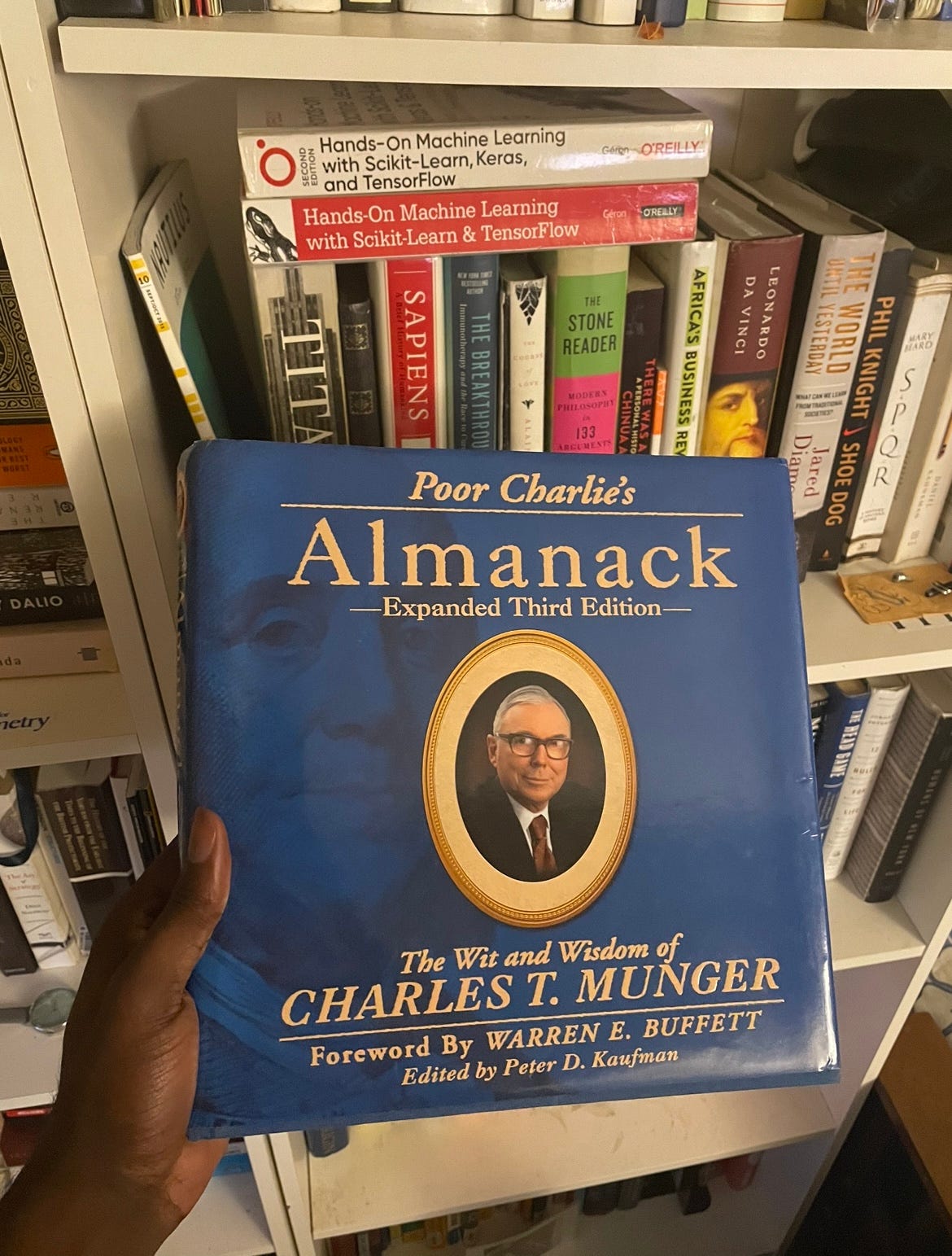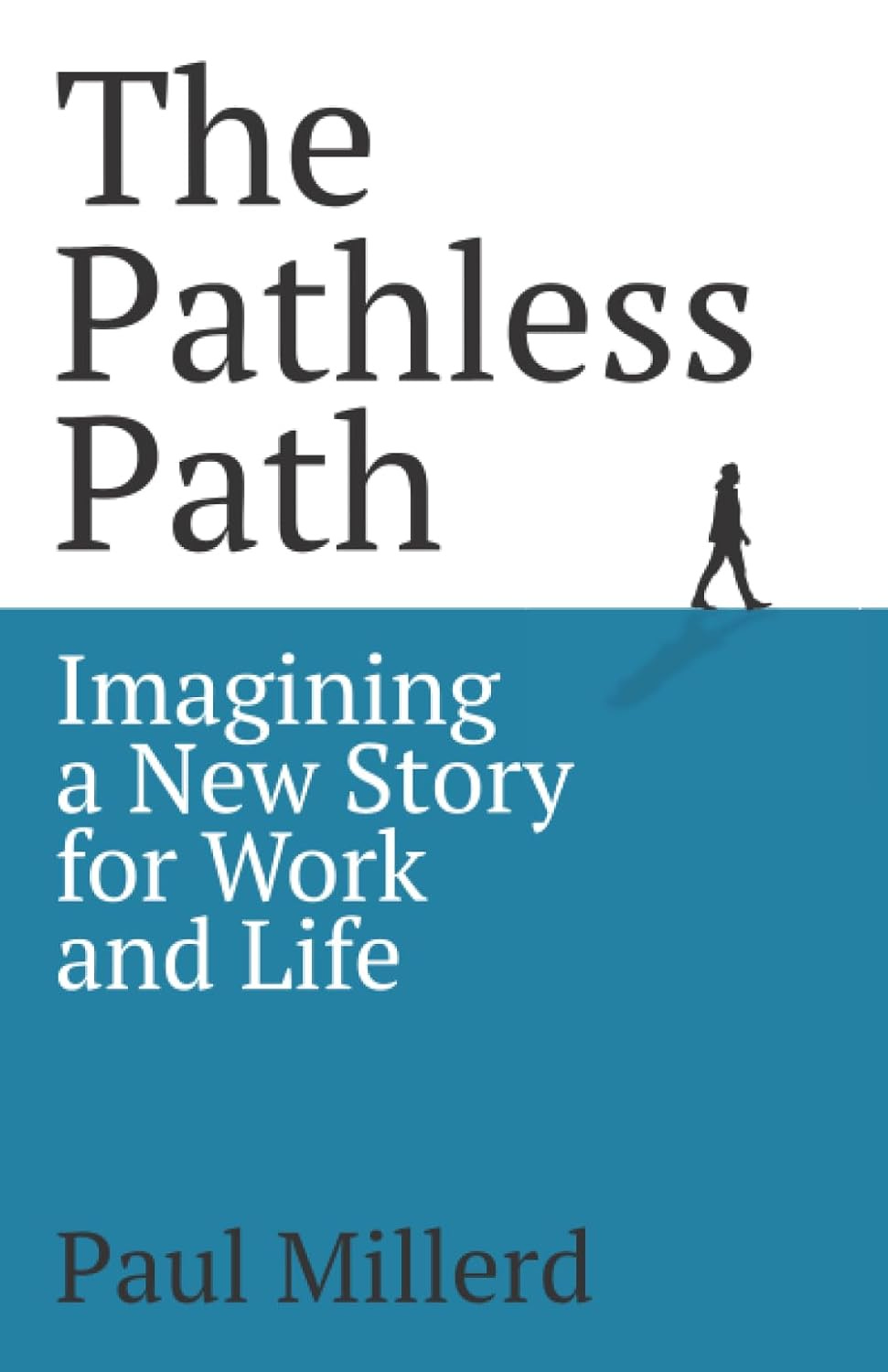[Talking🗣️points for your next outing📍]
👟Nike's bid for a patent on "smart shoes" could revolutionize pedestrian safety by tracking and guiding footsteps in real-time.
🛬November 26 (Thanksgiving Weekend) was the busiest day in the history of US airports.
🧍Suicide rate in the United States in 2022 is one of the highest on record.
🌥The richest 1% emit as much planet-heating pollution as two-thirds of humanity
💵Cash impending demise.
[Long Read 📰 / Video 🎥]
[I]: Fighting the 3 Mutant Capitalisms
I enjoyed this talk by one Paul Marshall, he discusses the relationship between free markets, good governance, and human flourishing. He emphasizes the prosperity that free enterprise and free markets can create, but also warns against the dangers of monopoly capitalism, crony capitalism, and 'woke' capitalism, which can distort the market system and create problems. Mr. Marshall advocates for true free market capitalism that operates in the interest of society as a whole and calls for a new movement to address the challenges of corporatism and ensure that free enterprise remains a force for human development and prosperity.
[II]: History of Sleep
Sleeping habit amongst preindustrial cultures was biphasic: individuals had two separate sleep periods in a night, known as "first sleep" and "second sleep." The pattern involved retiring to bed very early in the evening, waking for a period after midnight, and then having a second sleep until dawn.
And changes to this pattern was not without the influence of artificial lightening. The advent of artificial lighting significantly impacted sleep patterns by allowing individuals and societies to remain active for longer periods after sunset. This led to the gradual shift from the historical biphasic sleep pattern to the consolidated monophasic sleep pattern, where individuals sleep in one continuous period through the night.
Artificial lighting allowed for extended work hours, social activities, and other engagements well into the evening, altering the traditional sleep schedule that aligned with natural light-dark cycles. Over time, the monophasic sleep pattern became more prevalent, especially in urbanized and industrialized societies.
[III]: Lessons from WeWork Bankruptcy.
This is an interesting take from a X user on WeWork (impending) bankruptcy. In brief, doing too much in business never works, the valuation of your venture-backed business really doesn’t mean a whole lot, etc. The user also talked about vertical SaaS – software solutions designed to meet the specific needs of a particular industry or niche, as opposed to horizontal SaaS, which targets a broad range of industries with more generic software solutions.
[IV]: Ecumenical Councils
I fell into the rabbit hole of church history and ecumenical councils in the past couple weeks. From the first one which took place in 325AD, the council of Nicaea where Arian heresy was addressed. The Council of Constantinople in 381AD where the Nicene Creed was established (among several other things), to Vatican II in 1962-1965. Interesting historical theology, I had to force myself to stop digging the hole further, at least for the time being.
[V]: Origin of Life: James Tour vs. Lee Cronin
I have been trying my best to follow the Origin of Life debate with Dr. James Tour at the center of it. I covered one of the debates in Around the Web, Issue 16. This recent one was a roundtable discussion with Dr. Lee Cronin at Harvard. Much of an improvement over previous one. Dr James would benefit for a more collegiate discussion, and I am happy he realizes that at the end of the discussion. I should also say that he makes some rather important point about the impression lay persons have about Origin of Life research – believing problems that are clearly not solved to be solved, because of the presentations of these materials by scientists and journalists. But I think this is perhaps a problem of scientists in general (to varying degrees). What do they say: do not ask a Barber if you need a haircut. As an aside I was pleased to see Dr Peter Kreft at the roundtable, and I was glad he raised some philosophical questions, that was sadly left unanswered. Be that as it may, from Dr. Lee’s presentation, it appears Dr. Tour is right: not much in terms of real tangible progress is going on in the field - just models, optimism, and vibes.
[VI]: Remembering Charlie Munger.
Mr. Charlie Munger, Warren Buffet close friend and business associate, passed away on November 28 at 99. I am a proud owner of his Poor Charlie’s Almanack; and indeed, it’s one of the finest books on my shelf. When I recommend his books to friends, as I often do, I refer to him as the Wisest Man in America.




